Eligibility Criteria You Must Meet
To meet the eligibility criteria, a Cameroonian passport holder must provide one of the following documents:
- Residence Permit: A valid residence permit (with at least 180 days of remaining validity from the date of application) issued by any EU or Schengen country, the United States, Australia, Canada, Japan, Norway, New Zealand, or Switzerland.
- Valid Sticker Visa: A valid multiple-entry sticker visa (90+ days remaining) from any EU/Schengen country, Canada, the UK, the USA, Australia, New Zealand, Japan, Norway, Switzerland, or Liechtenstein.
Documents and Fee Details
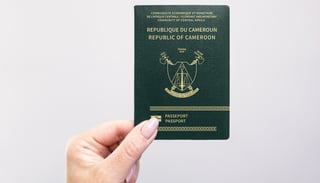
Please attach all these documents along with your Morocco eVisa application. Our support team will communicate any additional document requests.
- Passport: A scanned copy of the passport’s bio page is needed. It must have a minimum of 6 months’ validity and 1–2 blank pages for stamping.
- Passport-Size Photo: The latest scanned copy of the passport-size photo.
- A valid Sticker Visa or Residence Permit (as already discussed)
Fee-related information can be checked on the Morocco eVisa Fee webpage.
Morocco eVisa Types
While filling out the Morocco eVisa application, you must select the correct eVisa type:
- Tourist eVisa: Used for holidays, city tours, cultural visits, or meeting family and friends.
- Business eVisa: Used for short business trips, meetings, seminars, or trade activities.
They are valid for 180 days from the date of issue, allow a maximum stay of 30 days, and grant a single entry into Morocco.
Processing Time
Select the processing time as per your travel schedule:
Standard Processing
The Morocco e-Visa application is processed within a standard timeframe of 3 - 6 Days.
Rush Processing
Do you have a last-minute travel plan to Morocco? Don't worry, as we can get your e-Visa application processed within 2 - 4 Days.
Super Rush Processing
Super Rush processing gives your Morocco e-Visa the highest priority for emergency travel situations, ensuring your Morocco e-Visa application is processed within 1 - 2 Days.
Morocco eVisa Application Steps
- Step 1: Enter your passport, travel information, and personal details in the Morocco eVisa application form and cross-check them before submitting.
- Step 2: Upload clear, scanned copies of the required documents and confirm that they are all correctly attached.
- Step 3: Pay the eVisa fee using a debit or credit card. After approval, your Morocco eVisa will be sent to your email.
Note: You will receive regular updates about your eVisa application by email and, if needed, by phone.
Why Choose Us?
Expert Review
Every eVisa application is checked and corrected before submission to help reduce the risk of refusal.
Timely Processing
Your Morocco eVisa application is processed within the selected processing timeline.
24/7 Assistance
Our support team is available 24/7 to answer questions through email or live chat.
Exploring Morocco From Traveller’s View
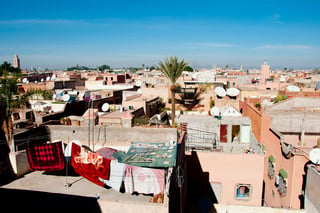
Marrakech
Marrakech reflects long-standing cultural practices in its daily life. Travellers can explore market areas, try locally influenced food, or spend time in quieter courtyard and poolside spaces.
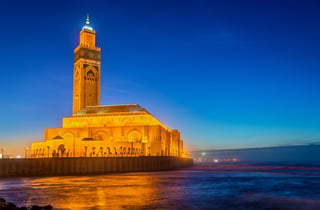
Casablanca
Casablanca, or “Casa”, has about 5.5 million residents and serves as a key commercial and cultural centre in Morocco. Its identity is reflected in its seaport, public buildings, market areas, and places of worship.
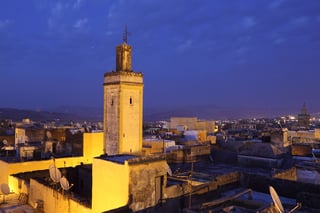
Fez
Fez is a historic city in Morocco with a long-established urban centre. Its old medina has narrow lanes lined with workshops, small shops, and market stalls.
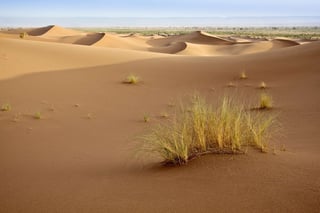
Sahara Desert
The Sahara is more than sand. It has rocky plains, salt flats, dunes, mountains, and dry valleys. Most rivers are seasonal, except the Nile, which flows year-round.


